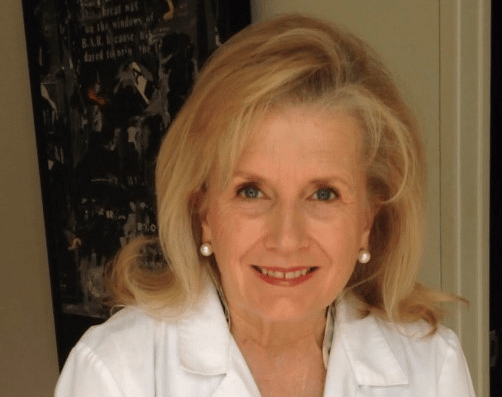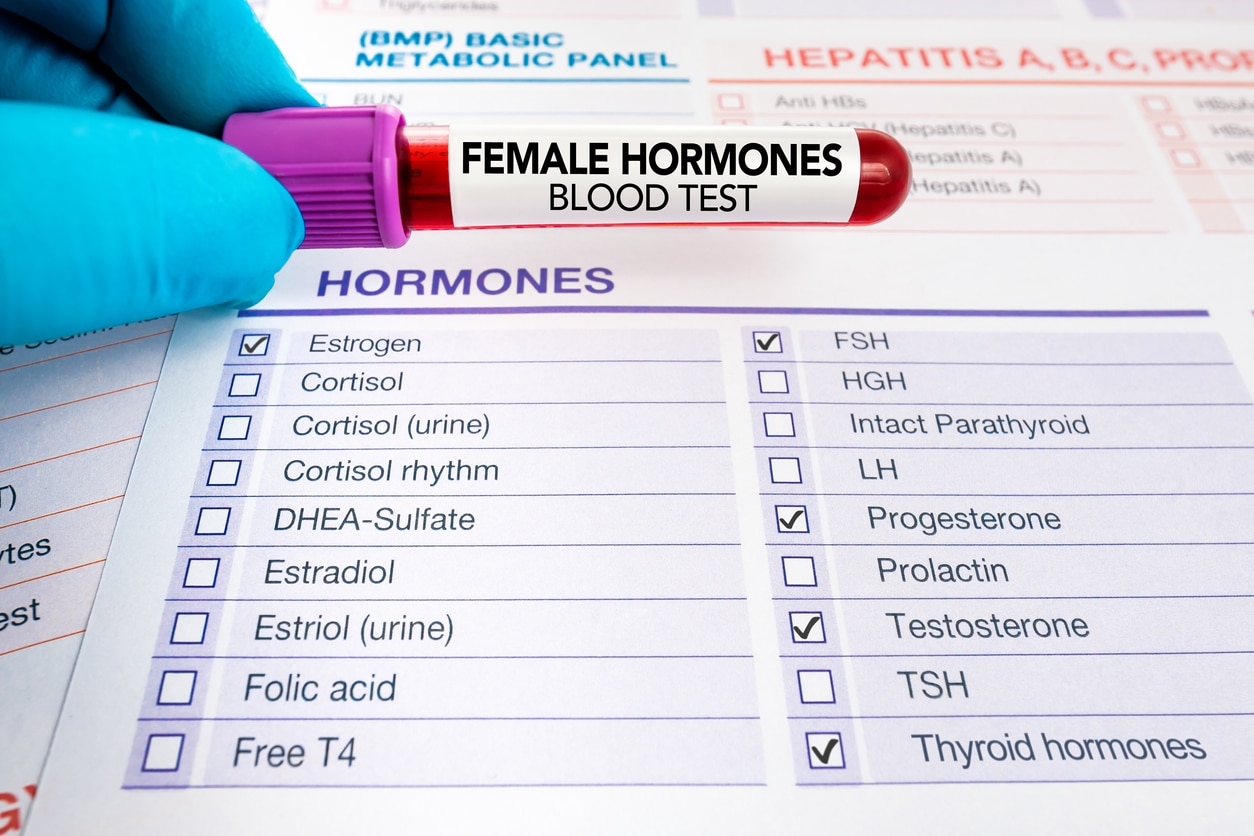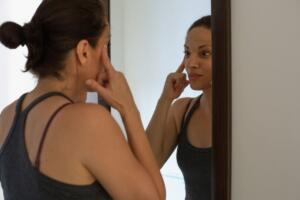It’s funny how when we were younger, all of our friends were roughly the same age, but now that we’re adults, our friend group can span several decades. I have friends that are retired empty nesters that offer sage advice and guidance. I have friends with young children to whom I’m a source of information and experience. However, when I catch up with friends, regardless of the age difference, I never know where the conversation will lead or what wealth of information I’ll come home with. I always know it’ll be fun and, most likely, a learning experience.
I recently met up with several of my older friends that have more life experience than me (in this case, they’re in or have gone through menopause, and I haven’t). The conversation turned to menopause, and, me being me, I made a couple of comments that were speculative at best. I said that it didn’t sound so bad – a few hot flashes, some hormones, and maybe a mood swing or two – and you’re done. At least I’d be finished with periods, right? The awkward silence that followed indicated that I had said something that was possibly incorrect, probably foolish.
I got an earful after that. Symptoms and realities and the concerns I should be aware of with estrogen treatments. The realization that menopause is in my not-too-distant future and that I’m living in the dark concerned me and convinced me to educate myself. I only like to be foolish once when discussing a topic, so it was time for some menopause knowledge.
While I typically would discuss health concerns and questions with my physician, I wasn’t due for my annual exam for a while. Plus, it seemed like a poor use of her time to go over a long list of ‘what ifs’ regarding symptoms and treatment methods. So, I turned to a highly educational video from Dr. Kathryn Waldrep, an award-winning OB-GYN and a trusted member of the Prime Women family.
When You want Knowledge, Ask an Expert.
Dr. Kathryn Waldrep is an Obstetrician/Gynecologist and founding partner of Vernon & Waldrep, a top Dallas-based group of female OB/GYN doctors. She was the first female president of Medical Staff at Medical City Dallas and served as Chairman of several departments, including the Department of Surgery and OB/GYN. With decades of experience as a physician and surgeon, she has many middle-aged patients (whose babies she once delivered) that she now helps with aging and menopause-related challenges.
In the video at the beginning of this article, Dr. Waldrep gives a thorough, easy-to-follow explanation of menopause and the various symptoms that might occur. She covers the possible issues we might face, why they happen, and common treatments.
Dr. Waldrep says, “menopause is defined as being one full year without a menstrual cycle, but a lot of women will start to have menopause symptoms for up to 5-7 years before they actually go through menopause.” These can include hot flashes, night sweats, mood swings, irritability, or trouble sleeping through the night. On top of that, women often complain of weight gain, even when they haven’t changed their diet and are still working out, and a decreased sex drive. Dr. Waldrep said another sign that menopause is on the horizon is irregular bleeding, either with very light periods or times of heavier bleeding than normal.
How do you know?
How do you know when you’re actually in menopause? It might sound like a silly question, but female bodies are rather complicated, and menopause symptoms aren’t unique to that life stage. Honestly, I’ve been moody since I was 13, and I have trouble sleeping and even occasional night sweats.
It turns out your hormones are a tell-tale sign, specifically a low estrogen level and a high level of FSH (follicle-stimulating hormone). According to Dr. Waldrep, FSH comes from the pituitary gland and stimulates the ovaries. When our ovaries begin to shut down, the FSH level gets higher and higher, trying to make the ovaries work. So, when bloodwork shows that your estrogen level is low (below a 5) and your FSH level is high, you’re in menopause.
Treatment Options
After ensuring a woman is in menopause, it’s time to set a course of action. That can include estrogen replacement therapy, which Dr. Waldrep says has both pros and cons. According to her, estrogen can help with symptoms like hot flashes, night sweats, mood swings, and trouble sleeping. It even has the potential to help a decreased sex drive. However, as mentioned, there are cons as well. Dr. Waldrep says, “we know there’s a slightly increased risk of blood clots and stroke, and though estrogen therapy doesn’t actually cause breast cancer, most breast cancers are estrogen-receptor positive. So, if you were to develop breast cancer, it might grow more rapidly if you are on estrogen replacement therapy.”
For women with a uterus, using estrogen alone can also increase the chance of developing endometrial cancer because the estrogen builds up the lining of the uterus. Dr. Waldrep says in those cases, they use an estrogen and progesterone combination because “the progesterone is either going to diminish that endometrial lining or slough that endometrial lining, so there is not an increased risk of endometrial cancer.”
Conclusion
I could go on and on about everything I learned from Dr. Waldrep, who, after working as an OB-GYN for 39 years, is a wealth of knowledge. There’s a lot more to menopause and the aging female anatomy than I could imagine, but having a better understanding of what’s to come is empowering.
Dr. Waldrep’s video was chock full of information on menopause, hormones, vaginas, and sex. She discusses the benefits of estrogen – besides aiding in menopausal symptoms – and goes over the various forms of estrogen therapy. I learned about vaginal atrophy and treatments in the form of laser and radiofrequency therapy, as well as vaginal prolapse. The treatments that Dr. Waldrep discusses aren’t just for appearance or function; they’re designed to improve our lives as we age and allow us to have a happier and fuller life. They have the potential to give us physical freedom and comfort and a path to maintain or reestablish a healthy and loving sexual relationship with our significant other.
One thing is certain: we’re all going to get older. But how you allow yourself to age is up to you, and having the knowledge to age well can make all the difference.
Read Next:
From Teacher to Founder and CEO of Billion Dollar Family Business
How to Improve Memory, Increase Intelligence, and Ensure Brain Health










